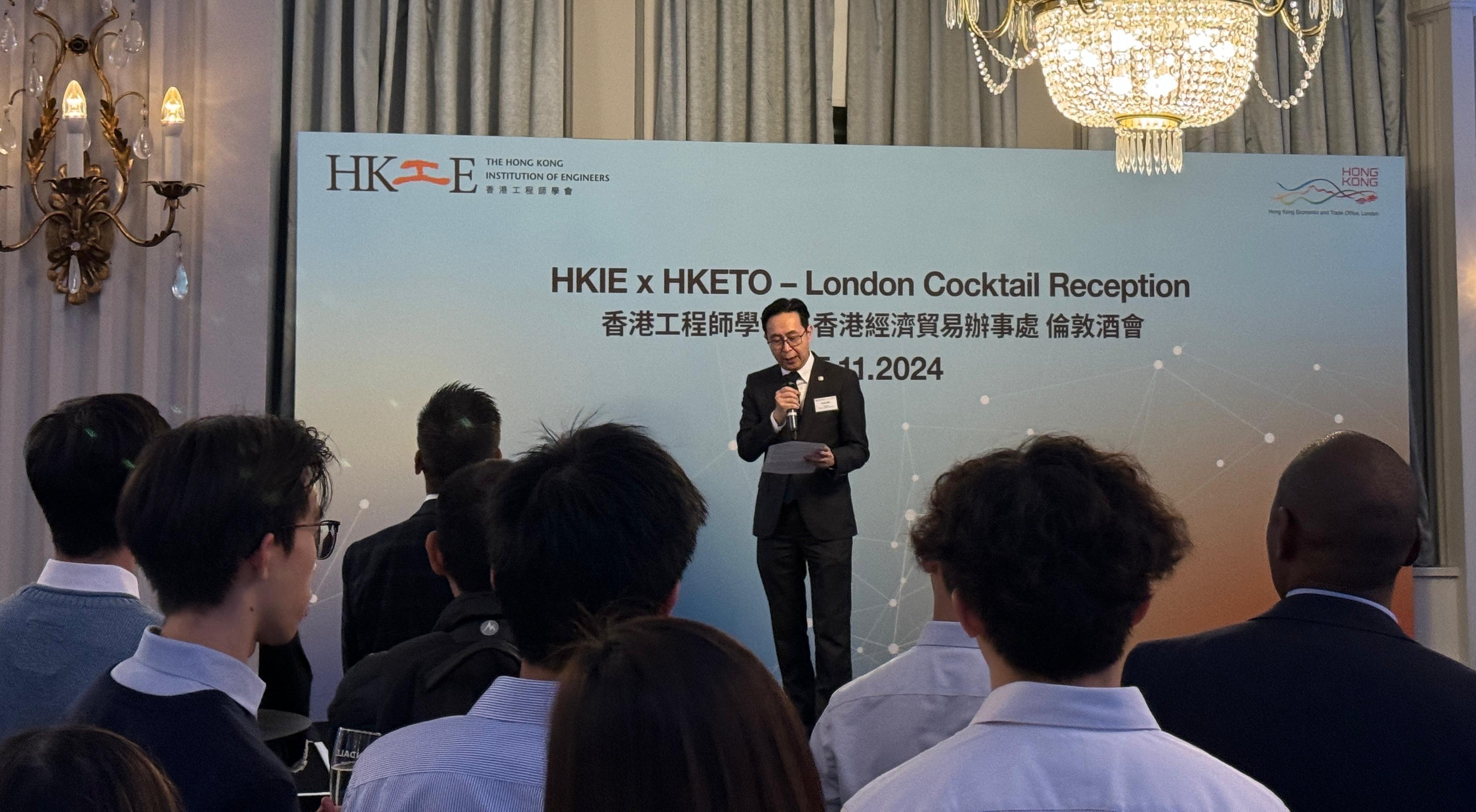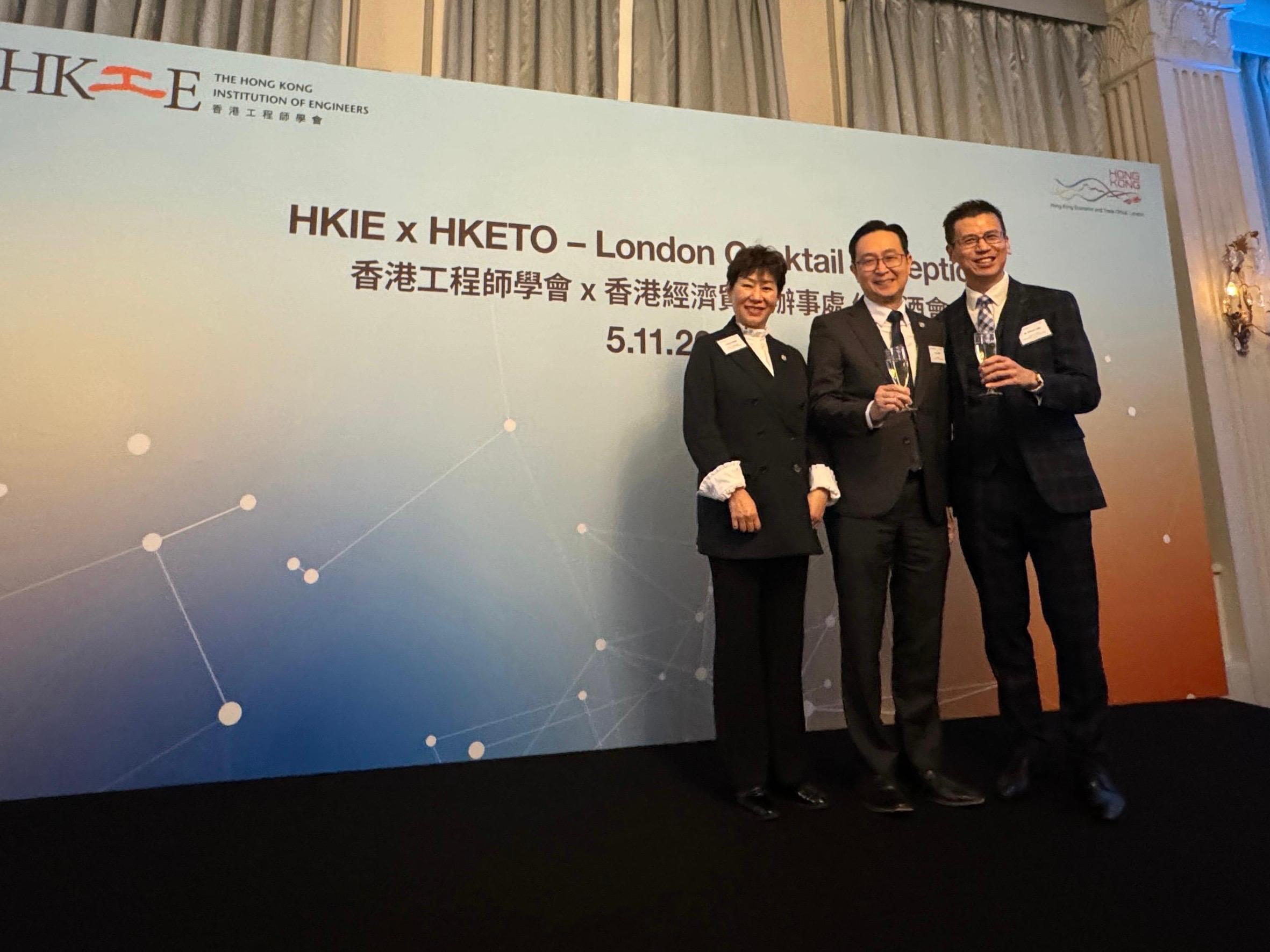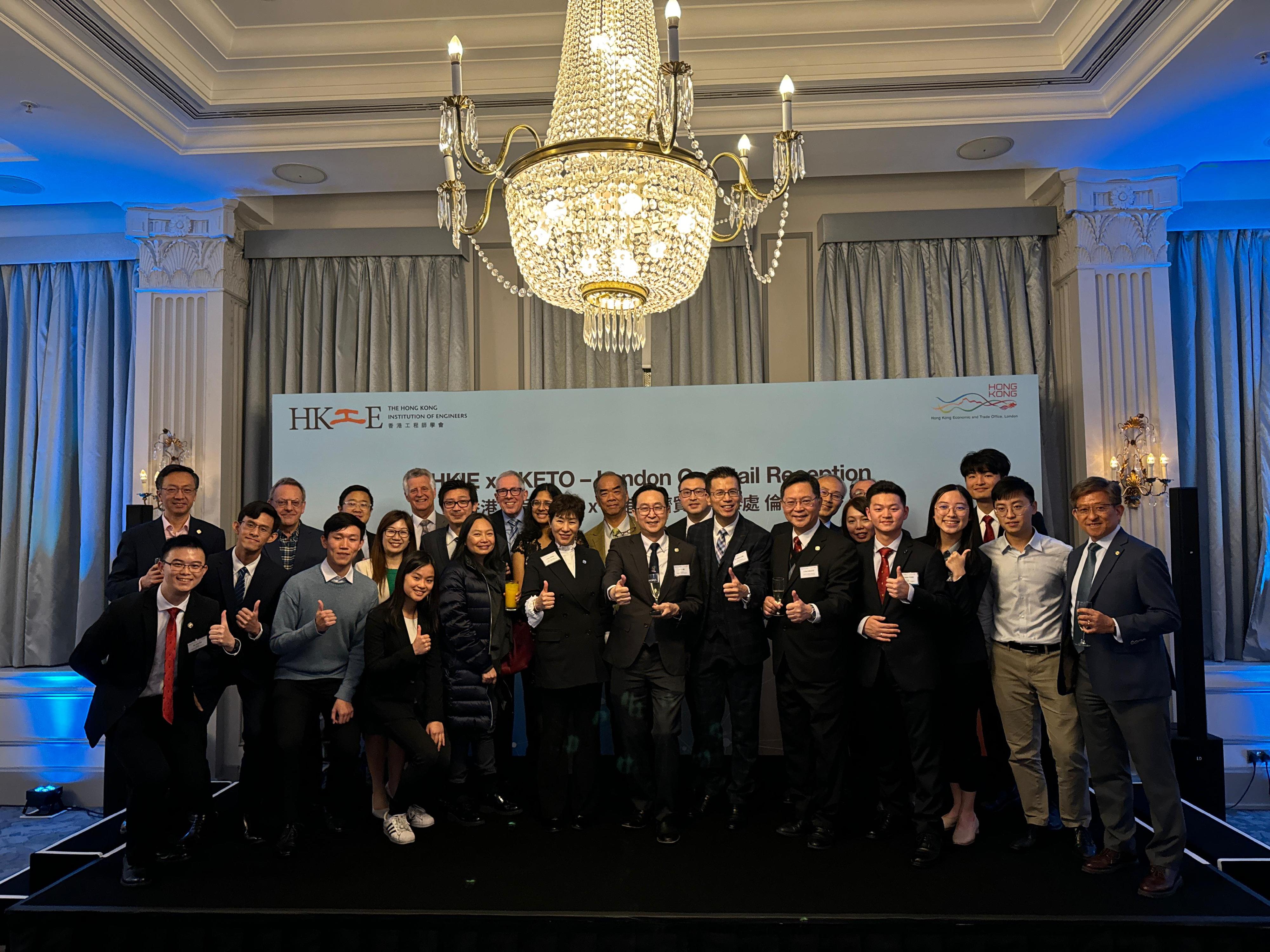Speech by FS at Insurance Summit 2024 (English only) (with video)
Following is the video speech by the Financial Secretary, Mr Paul Chan, at the Insurance Summit 2024 today (November 7):
Allan (Mr Allan Yu, Chairman of the Insurance Training Board, the Vocational Training Council), ladies and gentlemen,
Good morning. Welcome to the Insurance Summit 2024. Let me first extend my heartfelt thanks to the Vocational Training Council's Insurance Training Board and PEAK, the Institute of Professional Education and Knowledge, for organising this year's eighth edition of the Summit. I'm pleased to have the opportunity to speak with you about insurance, a long-standing pillar of the Hong Kong economy and community.
Hong Kong as an insurance hub
Hong Kong is an international financial centre. Our strategic location, advanced infrastructure, and concentration of global financial institutions and talent offer the perfect environment for the insurance industry to prosper.
Indeed, Hong Kong is a major insurance hub, boasting the highest concentration of insurance companies and insurance density in Asia. We also have the world's highest insurance penetration rate. The industry employs some 130 000 professionals. All these figures highlight the deep integration of insurance in our economy and society.
Hong Kong's insurance sector is growing steadily following the pandemic. In the first half of 2024, gross premiums in Hong Kong rose by over 5 per cent, exceeding $310 billion.
The future of our insurance industry looks promising, especially with the growing affluence of the Greater Bay Area (GBA) and the increasing demand for high-quality insurance and investment products. As such, we are supporting the industry to better capture these cross-boundary business opportunities, including the establishment of after-sales service centres in Nansha and Qianhai, to facilitate policy management and service for policy holders living in the GBA.
A global risk management centre
Looking ahead, it is our vision to strengthen Hong Kong as a global risk management centre. I'm delighted to share a number of initiatives we have been pursuing actively over the past few years.
First, providing innovative tools to manage the risks associated with climate change. As natural hazards increasingly impact various parts of the world, there is a growing need for insurance products that offer protection against such disasters. Since 2021, we have introduced catastrophe bonds, which are insurance-linked securities designed to share natural disaster risks with investors, while providing them with attractive returns. To date, five catastrophe bonds have been issued in Hong Kong, covering events from earthquakes to storms, with a total value exceeding US$700 million. Two of these bonds are listed on the Hong Kong Stock Exchange.
Second, driving fintech innovation in insurance. Fintech is transforming the industry. New practices such as virtual onboarding and digital distribution models have streamlined operations, enhanced customer experiences, and lowered costs. This transformation will ultimately make insurance services more accessible to the public and more comprehensive in covering areas left out by traditional insurers.
In fact, our Insurance Authority adopts a pro-innovation approach. For example, back in 2017, they initiated the Insurtech Sandbox, allowing companies to test innovative technologies and receive regulatory feedback before launching their solutions in the market.
So far, Hong Kong has four licensed digital insurance companies. Some of them are making their mark on the global stage as well. The founder of one of those companies recently joined my delegation to Saudi Arabia, where they signed two deals, attracting interest and investments from Middle Eastern partners.
Ladies and gentlemen, in the Chief Executive's recent Policy Address, more measures have been introduced to advance the development of the insurance sector. They include improvements to our risk-based capital regime, which will enrich insurance companies' choice of asset allocation for better risk diversification, including investment in infrastructure; and continuing to encourage large companies, including state-owned enterprises from the Mainland, to establish their captive insurers in Hong Kong.
Insurance talent
For our efforts to succeed, talent is essential. Our programme to enhance talent training for the insurance sector has provided over 580 internship positions and 15 000 training-course opportunities since 2016. I am pleased to note that the Vocational Training Council has been our valuable partner in ensuring a continuous flow of talent in the insurance sector. For that, I am grateful.
All in all, I am confident that we have what we need to rise high as a leading global risk management centre – long down the rapidly changing world and the boundless opportunities it presents.
I wish you all a rewarding Summit and the best of business and health in the years ahead. Thank you very much.




